On this page, you can find the links to all materials from OpenMR Virtual 2021
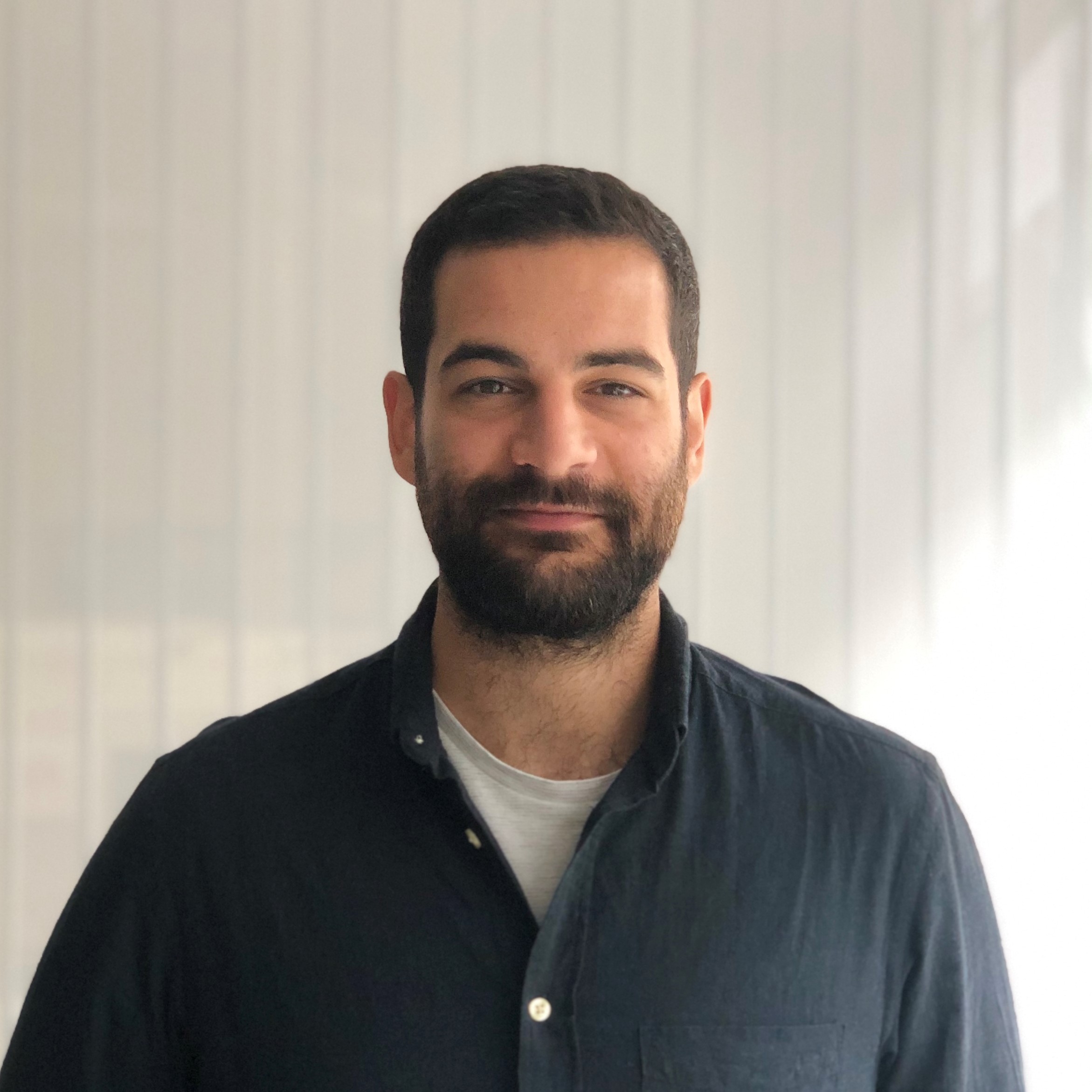
Daniel Alcalá López
The age of the researcher is over. The time of the community has come.
Description
Many people doing research report feeling isolated or experiencing mental health difficulties, especially given the great expectations we place on ourselves. Although it may be intimidating, being part of a community can provide a safety net for people to overcome some of these challenges with the help and support of others.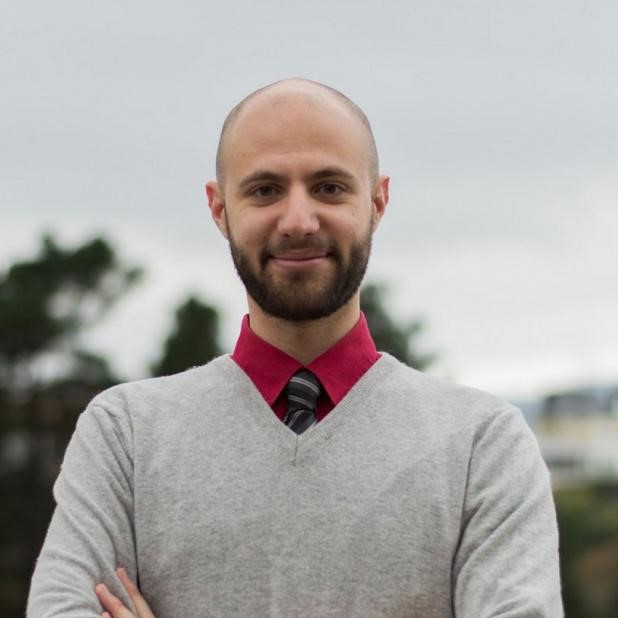
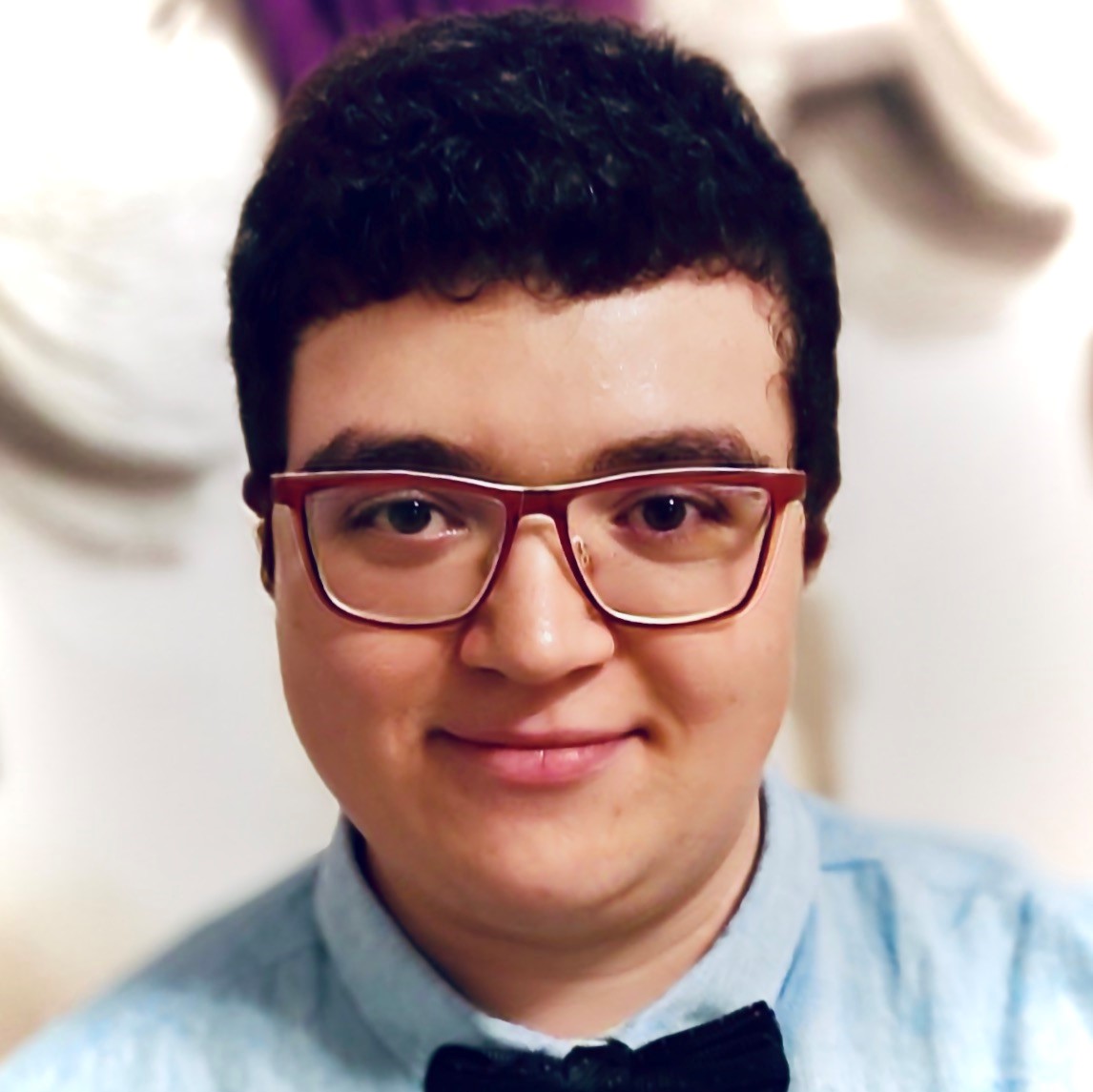
Stefano Moia & Melvin Selim Atay
Introduction to Git(Hub)
Description
The workshop aims at helping participants move their first steps into the world of Version Control Systems (git) and possible real life situations they might encounter when collaborating on git-based projects with others.
Remi Gau, Felienne Hermans, Jade Abbott, Adora Nwodo, Yo Yehudi, Patrick Mineault
Panel discussion: what constitutes clean, scientific code?
Description
In this panel discussion, we would like to get opinions from people working in academia and/or industry on good coding practices and to use this as an opportunity to give concrete advice to early career researchers on how to improve their coding.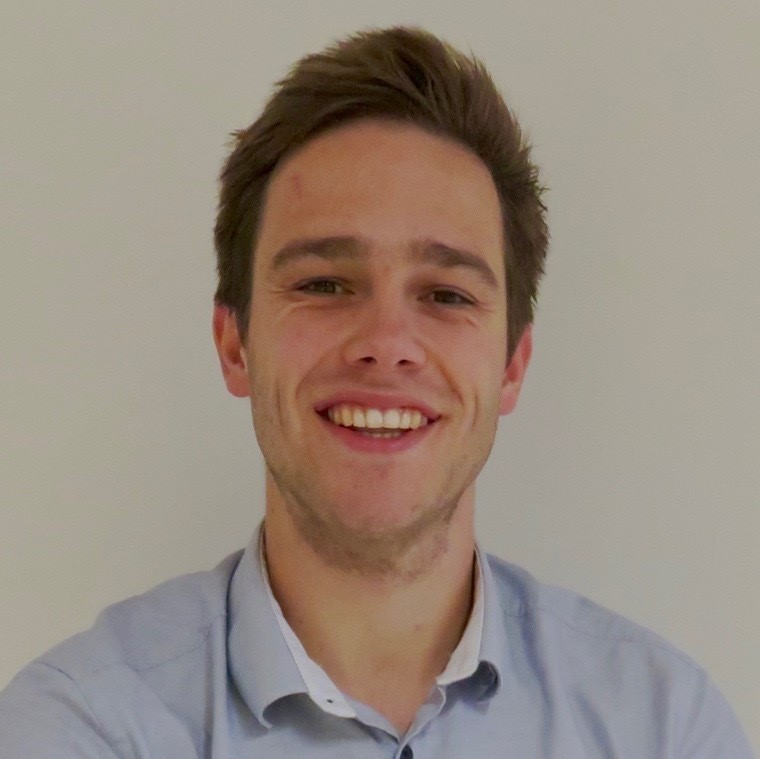
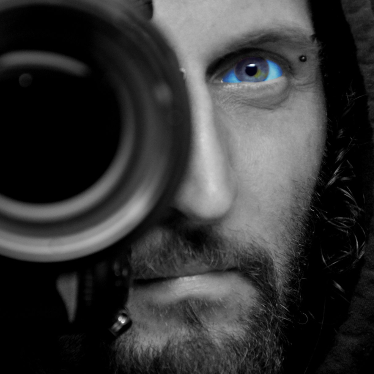
Stijn Denissen & Remi Gau
Introduction to data exploration with Python, Matlab/Octave and Jupyter Notebooks
Description
This data visualisation workshop aims to offer a structured introduction in visualisation of neuro-imaging data in Python and Matlab, although we attempt to also surprise visualisation experts. We will cover tips and tricks to convert your data into a clear, compact and reproducible image. All code remains available to all attendees of OpenMR 2021!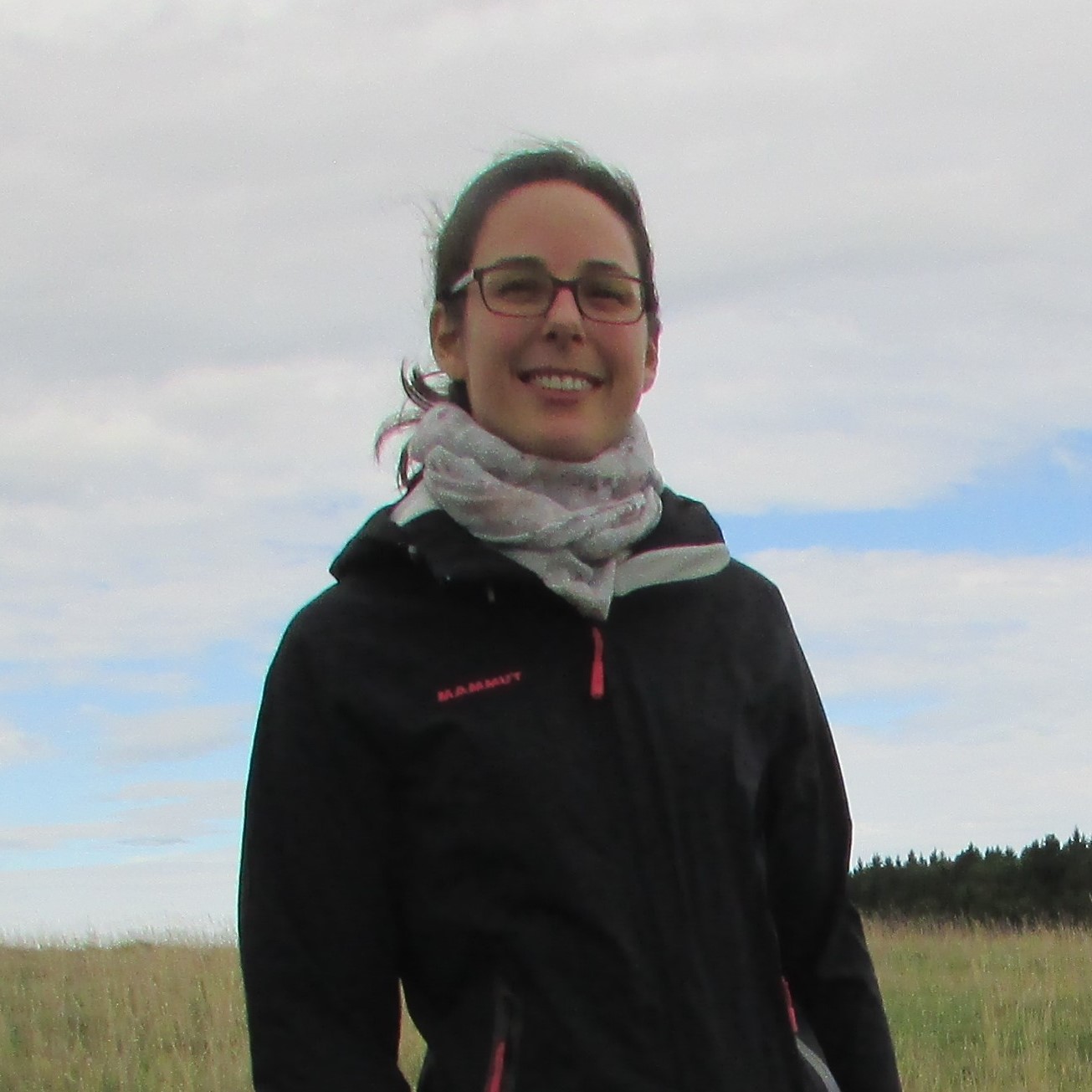
Britta Westner
Data visualization with MNE-Python
Description
Dr. Westner will share her personal story of being involved in the MNE Python package, which offers nice tools for analysis and visualisation of neurophysiological data.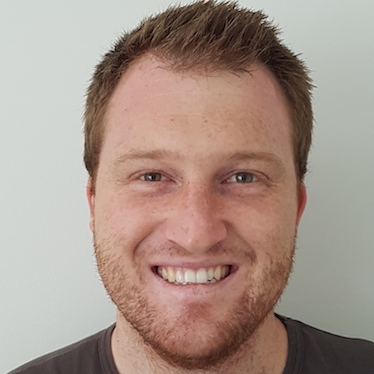
Stephan Heunis
Interactive data visualization with Python, Plotly and Dash
Description
The tools are out there for researchers to publish their data and results in rich online formats that offer accessibility, interaction and exploration. Yet, we still see a majority of standard plots and images in PDF format. In this demo, we will explore the possibilities offered by Python, Plotly and Dash to make your research outputs interactive and future-aware! See a sneak preview here: https://rt-me-fmri.herokuapp.com/
Unconference 1: Shady El Damaty
The Decentralized Science Stack
Description
Decentralized Science (DeSci) is what we call digital communities of global citizen scientists working together to solve challenging scientific problems.
An unconference is a participant-driven meeting. Commonly, participants present their research, project work, or any other topics of current interest in an informal setting to other participants. The content of an unconference is usually decided very shortly before or during the meeting itself, often inspired by ongoing within-team discussions that could be of interest to the larger group.

Unconference 2: Daniel Borek
Agile Academia
Description
Agile is a software development methodology for teams focused on fast iterations and delivering values-products to end-users or clients. Agile is less about planning every step but more about delivering a working product (Minimal Working Product) and iteratively adding new features to it. The agile approach is also focused on constant feedback and adjusting plus the transparency of the process? Does this approach or elements of it should be implemented more in academia/scientific lab environment? If yes, how this approach could be implemented and translated? What may be the obstacles and impediments?
An unconference is a participant-driven meeting. Commonly, participants present their research, project work, or any other topics of current interest in an informal setting to other participants. The content of an unconference is usually decided very shortly before or during the meeting itself, often inspired by ongoing within-team discussions that could be of interest to the larger group.

Sicco de Knecht
Why popularize when you can problematize?
Description
Coming from the point of view of open science I'll make the case that public engagement and an open attitude are an intrinsic part of being a researcher - especially now.
Sarah Leuridan
Outreach at a university
Description
Taking your first steps in science outreach should not be a lonely experience. Sarah from the Vrije Universiteit Brussel will explain how the university supports researchers to engage with society. (Warning: you might get inspired to join similar outreach projects at your university!)
Simon Van Eyndhoven
Explaining years of research in 3 minutes
Description
As researchers, we delightfully go on and on and on, when someone inquires about what it is that we investigate, exactly. Deep down, we already realize that this does a disservice to our aim to express ourselves clearly. Luckily there's hope! All you need is 3 enthusiastic minutes - and a story that sticks.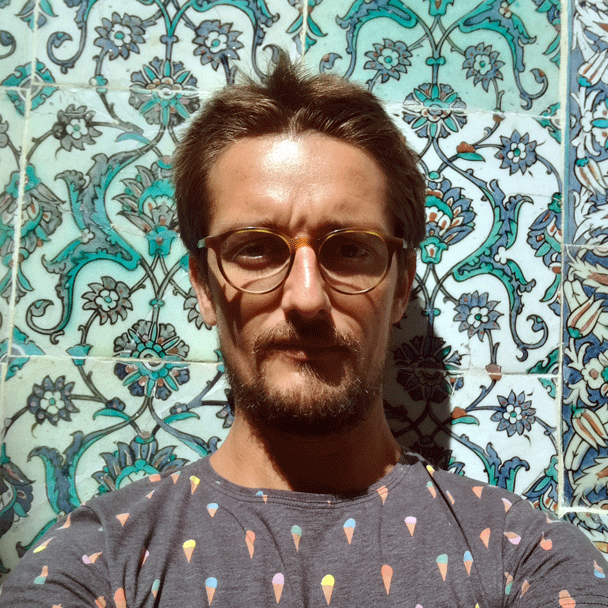
Gil Costa
Designing for science
Description
In this talk I will talk about Designing for Science. I will cover the space of possibilities of visual communication of science, with examples from my own experience. I will also slightly hint at references and resources that might be helpful to explore, as starting points to improve visuals and create impactful images.
Stijn Denissen
A paper in a song
Description
Friday night, working week is over and there you are, hosting your own karaoke session in your living room! Or perhaps you are more of the shower shouter type? Whatever scenario you recognise yourself to be in once in a while, you will notice that you will effortlessly vocalise the lyrics of your favourite songs. Doesn’t that sound as a great opportunity for people to memorise your research better? Let’s put our papers in songs, hear all about it in this talk!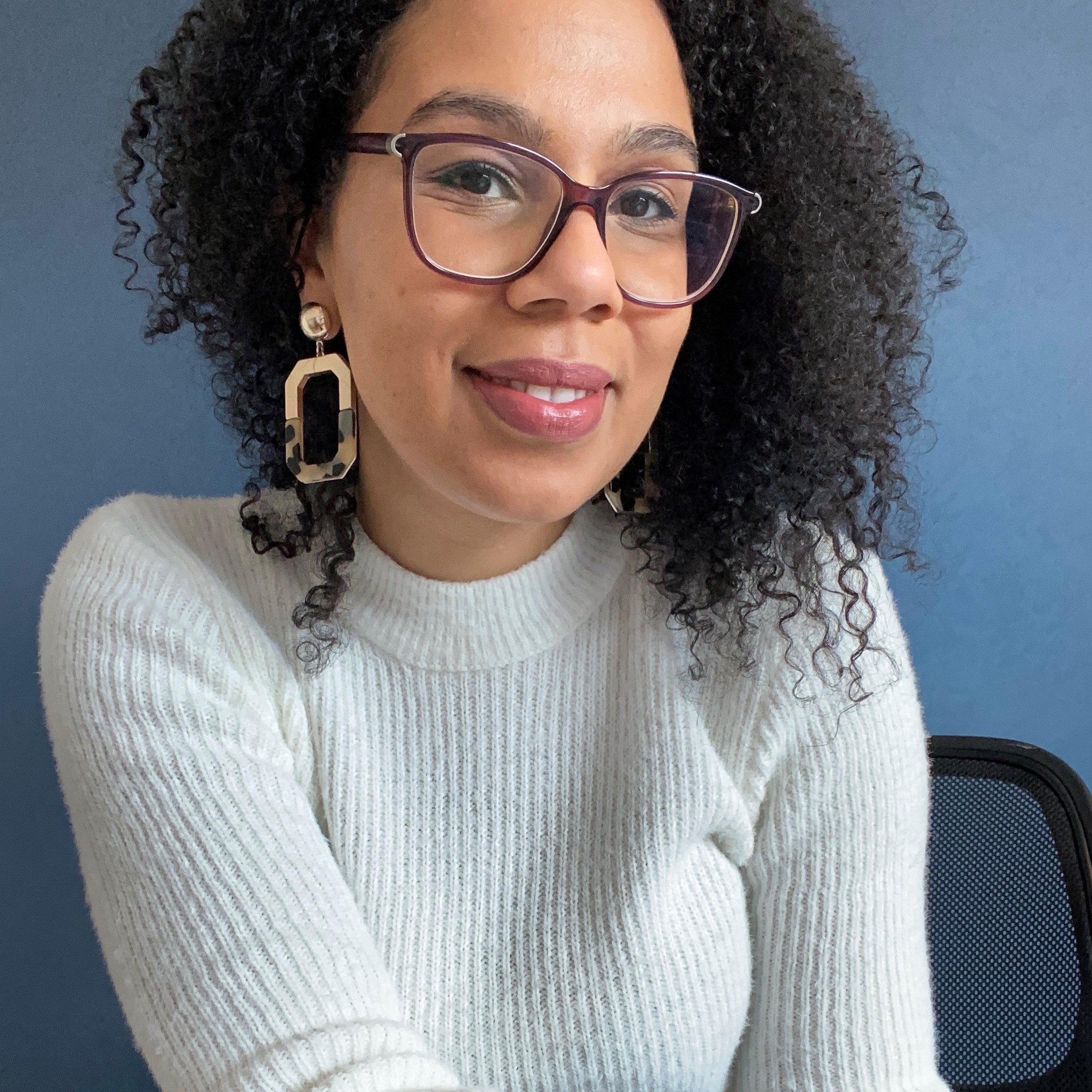
Kayla Green
Citizen Science in Developmental Neuroscience
Description
Society is rarely involved in the different steps of the research and design cycle. In citizen science, citizens become scientists themselves by contributing to part of the research project, for example in co-creating a new task or paradigm.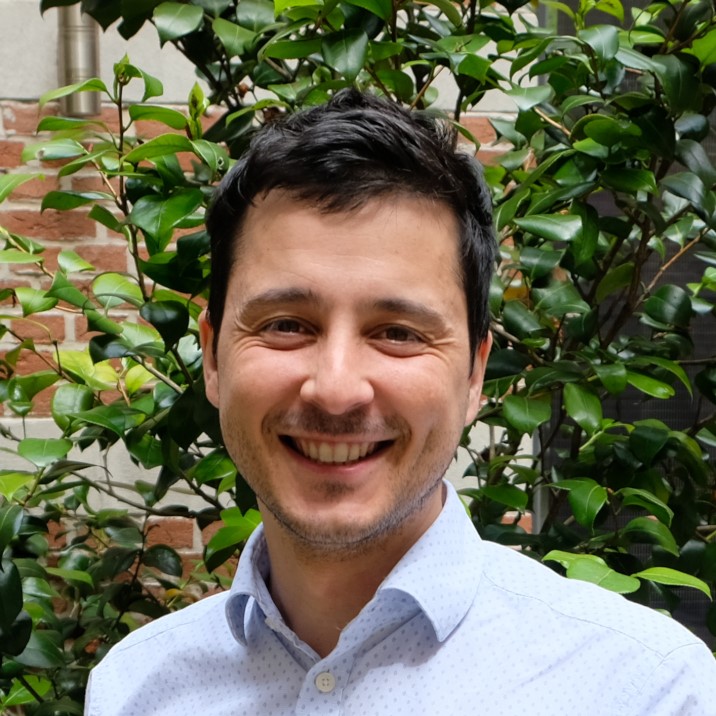
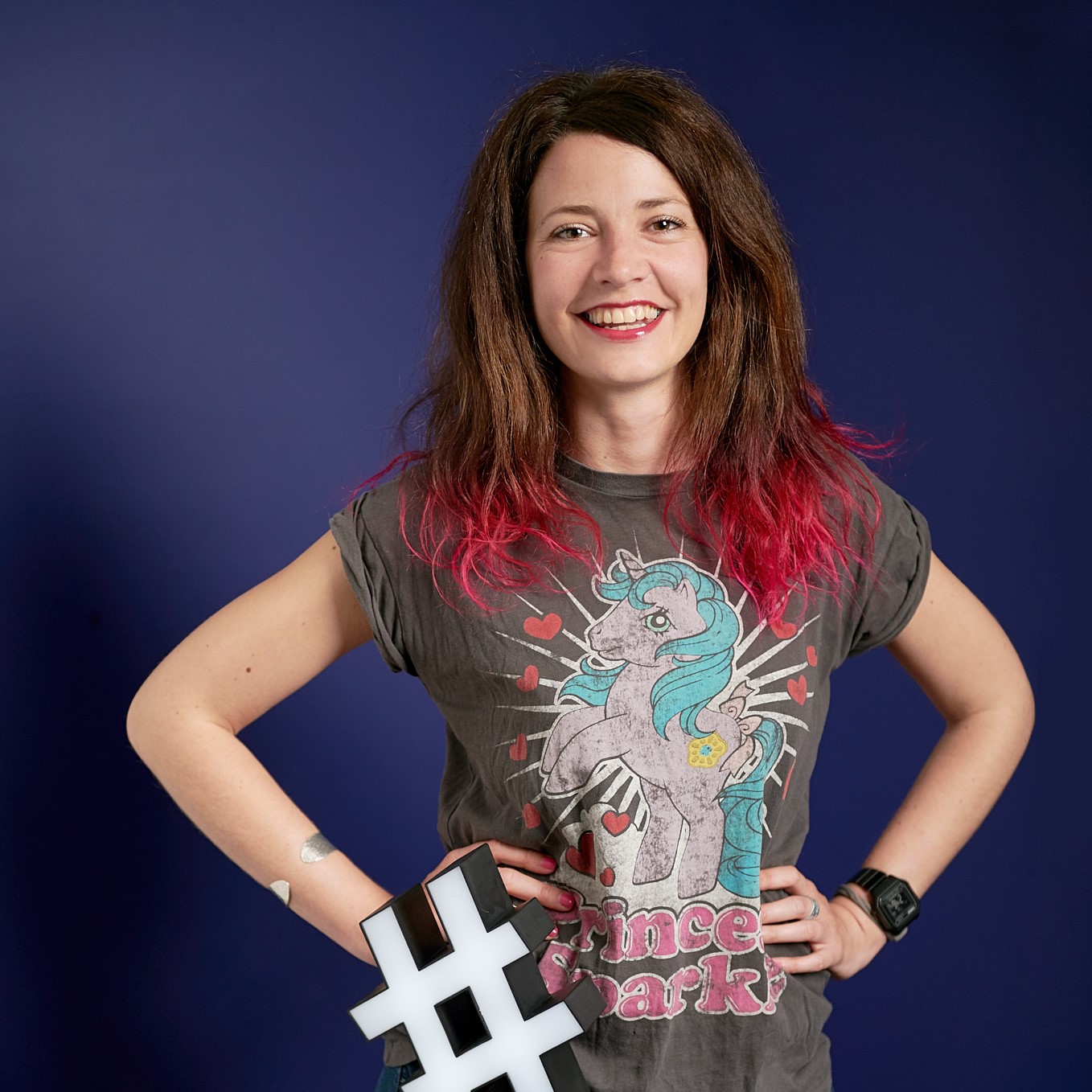
Guillaume Corradino & Elodie Chabrol
From science festivals to institutional projects: the case for a grassroots approach
Description
In this talk we will present how the international science festival Pint of Science is implemented in Belgium at the local level, and how, concretely, researchers can get involved. In the second part of the talk, we will show how such grassroots initiatives can also be part of broader outreach and dissemination strategies for public funded research projects.
Veronika Cheplygina
Ten Simple Rules for Using Twitter as a Scientist
Description
You have probably heard it many times from academics who have already discovered the advantages of social media - 'you should be on Twitter'! Next to sharing your research, learning about advances from other fields, and cat pictures, many cite the sense of community as an important reason for being on the platform. Let's say you are already convinced and you made an account - what then? How do you get the most of Twitter, without it consuming all your time and energy? Based on a recent paper with the same name, in this talk I will discuss ten simple ideas that have helped me and other academics do exactly this.

Moss Zhao & Patricia Clement
Podcast 101
Description
In this talk, Moss and Patricia present tips for making a successful science podcast.
Stijn Denissen, Sicco de Knecht, Sarah Leuridan, Simon Van Eyndhoven, Gil Costa, Guillaume Corradino, Elodie Chabrol, Moss Zhao
Panel discussion: science communication